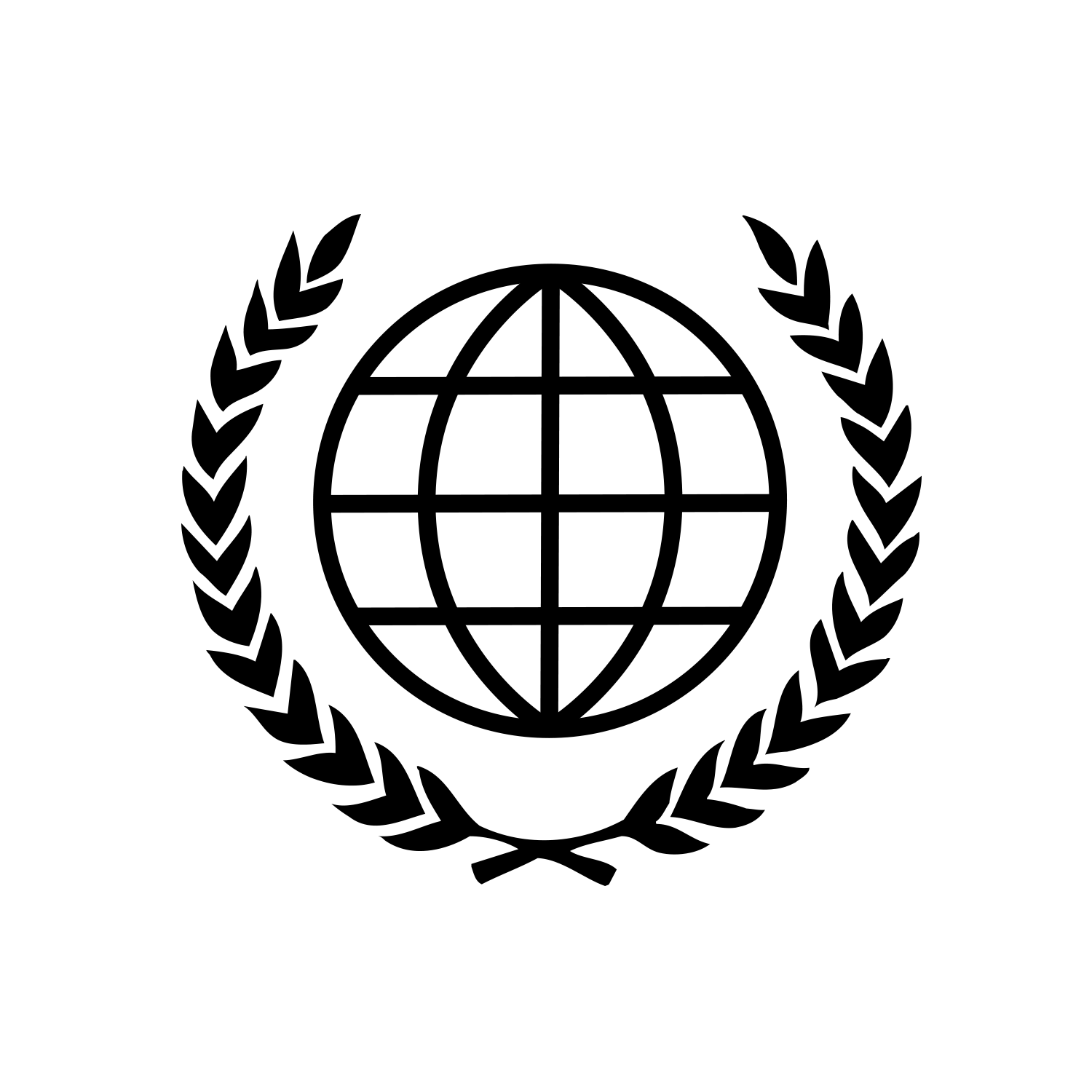Nonprofits
“Can you turn off the camera? You must understand. These people are like the mafia.””
“Can you turn off the camera?” the gentleman asked with a sudden air of caution. We obliged. “Who’s going to see this documentary?”
“Hopefully everyone,” Michael replied with a smile that went unreciprocated.
Staring pensively out the factory office window, our interviewee said something difficult to forget: “You must understand. These people are like the mafia.”
This gentleman - we’ll call him Frantz - is the inspiring locally-grown co-founder of an ethical manufacturing company employing over 60 people from one of the poorest areas of Port-au-Prince, Haiti. The people he was fearful of speaking openly about: the NGO community.
Whether it was fair or foul for Frantz to liken NGOs to organized crime, the raw unease compromising this otherwise energetic entrepreneur’s spirit unveils an uncomfortable reality permeating places like Haiti: there exists a chasmic disconnect between the West on how best to help people.
By now, the rampant profiteering and corruption in post-earthquake Haiti have been well-documented. The Red Cross raised $500 million and reported providing 130,000 people with homes; NPR discovered the true number of permanent homes to be six.
"Do we understand what aid is, for real?” asks investigative reporter Vikram Gandhi of the HBO VICE episode, “Haitian Money Pit,” a scathing follow-the-money piece uncovering on the gross misuse of donations, such as $70 million for houses with pools for U.S. government personnel. “I think not.”
If only the problem was as simple as actually getting resources to people in need. Then we could solve it with “smart aid” characterized by low overhead, direct giving, big data, and [insert latest buzzword].
Unfortunately, an important insight we gained in making this film is that the problem is far more fundamental: aid can be even more problematic when it does reach the people it’s intended to help.
Focus Areas
"We need a change in mindsets, so that people in developed nations recognize the dignity and creativity of their brothers and sisters in the developing world and foster initiatives that will unleash that potential and create opportunity for people to get out of poverty themselves."


